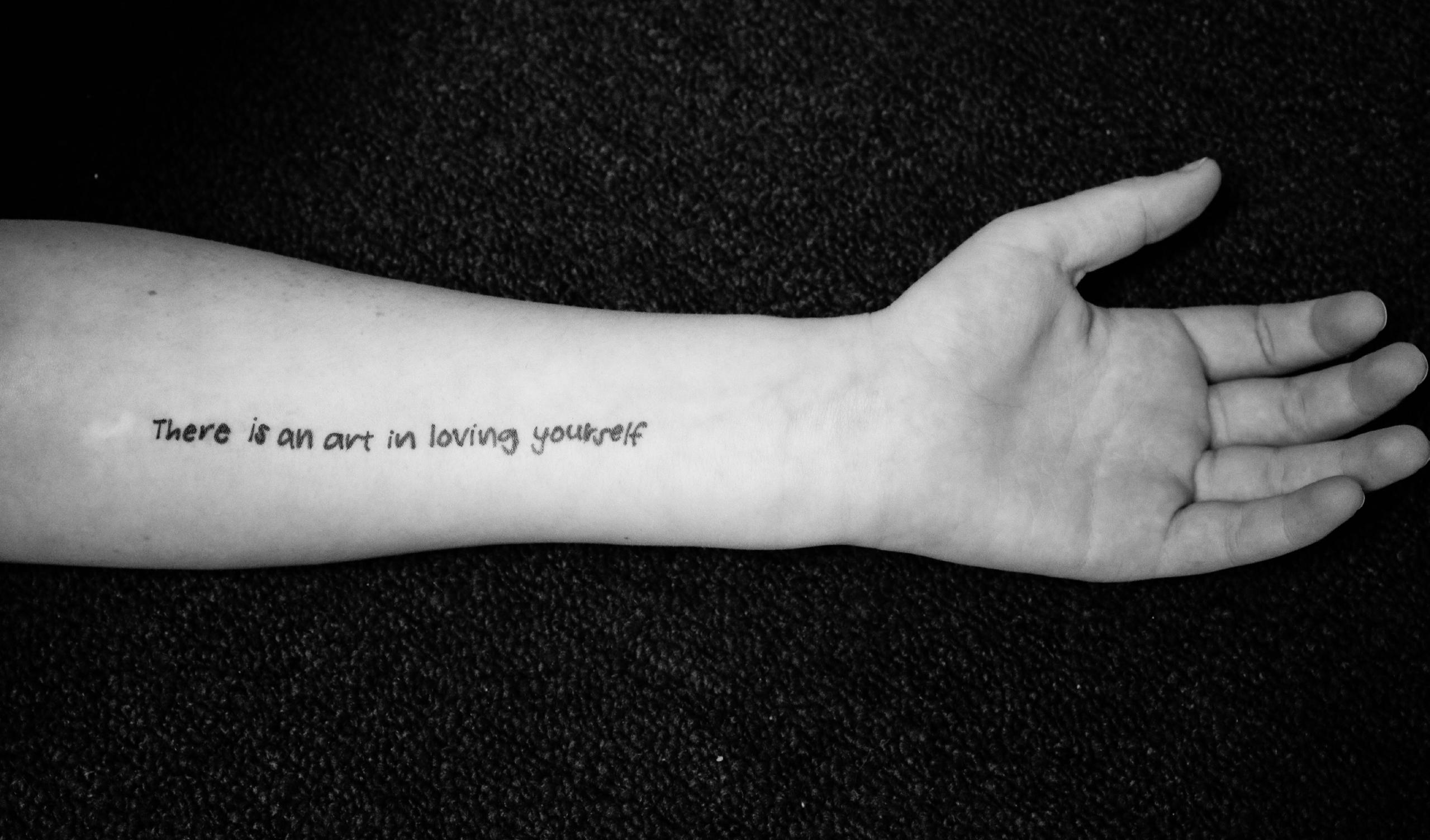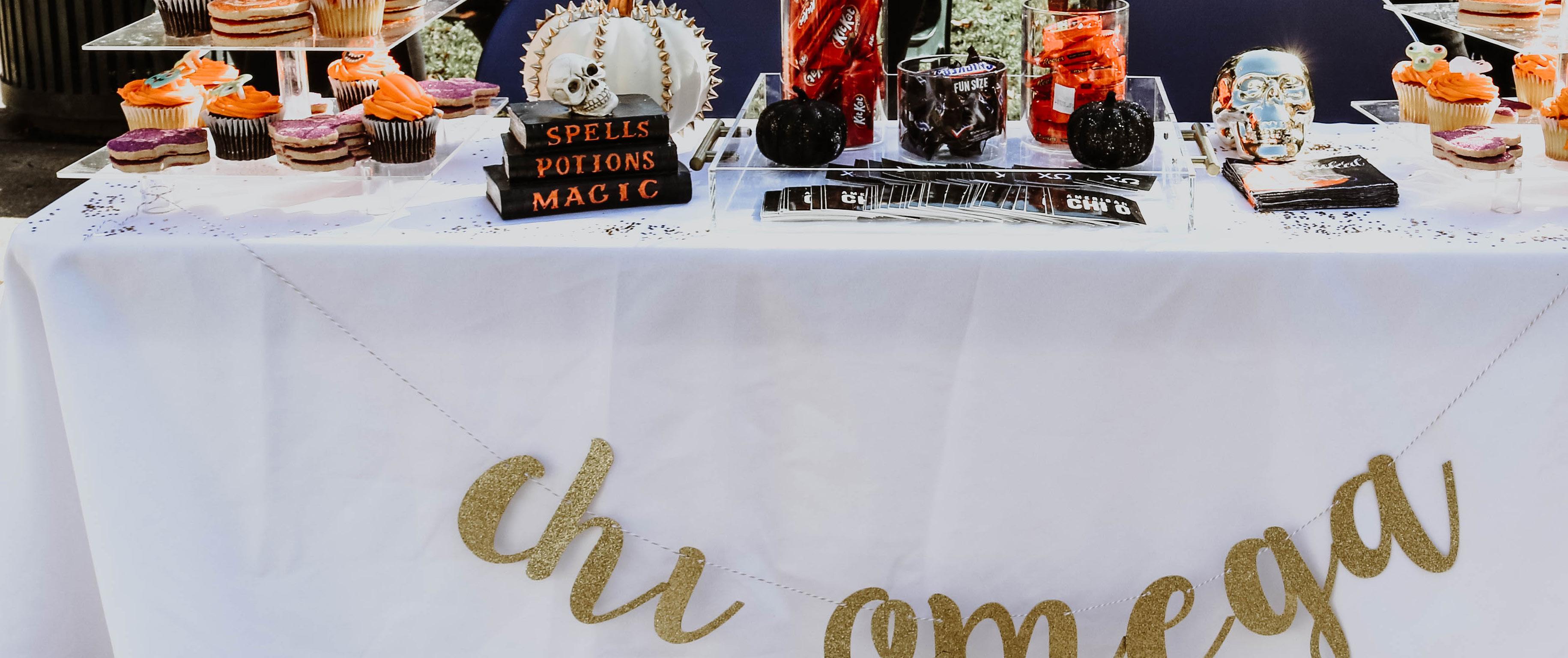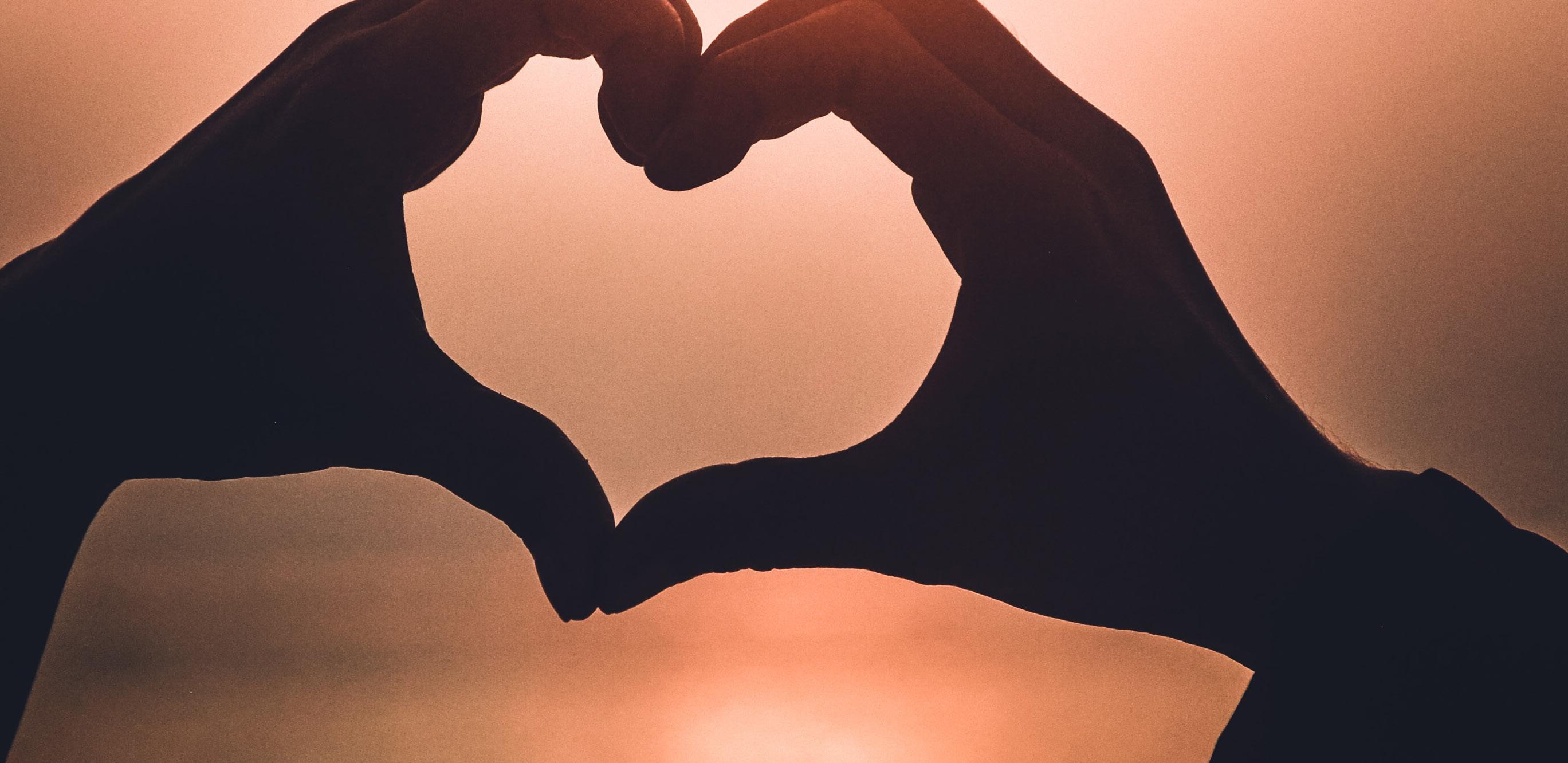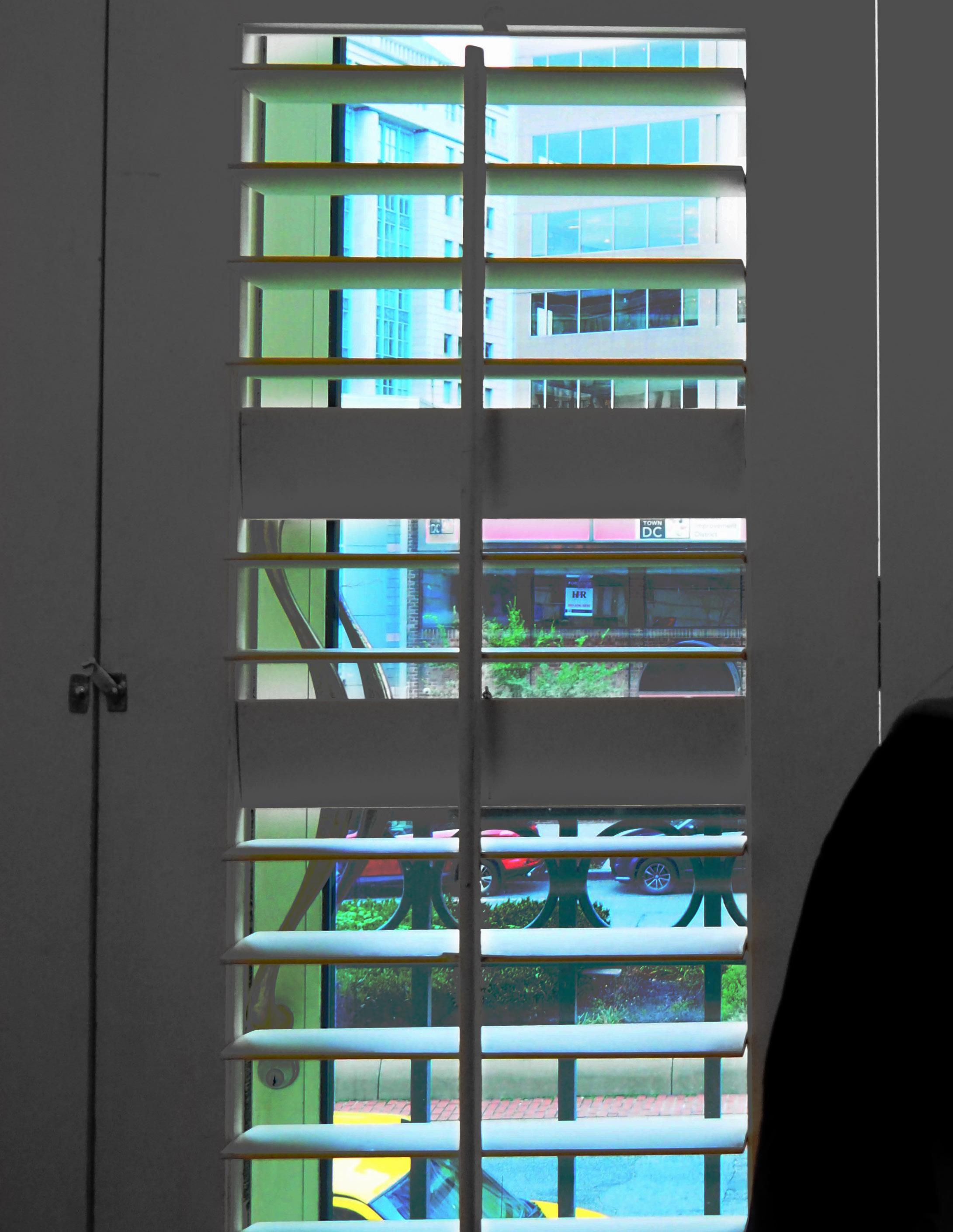
4 minute read
GROWING UP KOREAN AMERICAN
by HCAmerican
Paige Kouh
“So where are you from?” is probably my most asked question. I know what you really mean to ask me is “what kind of Asian are you?”
Advertisement
So, why not just ask me that? It would save time for both of us and make the process much more efficient. Instead, I continuously find myself caught up in the same conversation every time I meet someone new and it is always the same list of questions being asked, one right after another.
“Where are you originally from?”“Do you speak Korean at home?”“So why don’t your parents have accents?”
Then, I end up responding with something along the lines of:
“I was actually born here. I’m American but both my mother and father immigrated here when they were just kids along with my grandparents.”
“No, we don’t speak Korean at home unless our grandparents are over; and my parents do not have accents because, once again, they have been living in the United States from the ages of nine and thirteen.”
When I was a little girl, I used to hate being Korean. It wasn’t that I necessarily detested being Korean specifically, it was more that I really disliked being Asian in general. I felt that was all people saw in me whenever I would meet someone new. As a little girl, I didn’t have a strong grasp on the concept of culture, different ethnicities, and how special it is to be able to share a culture and connection with those you love most. As I’ve gotten older, I’ve also grown into my Korean half and have learned to love the culture that I come from. Growing up as a Korean American put me face to face with barriers that I was forced to break through in order to recognize the beauty that lies in not being ashamed of who you are.
In elementary school, I got my first taste of the reality of having a different ethnic background. For example, amid the hustle and bustle of snack time, intertwined with the chaos of kids trading and bartering their snacks with one another, I quickly realized that dried seaweed crisps and rice cakes were not the hot commodity in the kindergarten classroom. My Korean snacks simply could not compete with the idolized fruit roll-ups and iced animals crackers that every other kid in my class seemed to have and want.
Fifth grade was the first time a classmate of mine made fun of my smaller and narrow eye shape. I always knew that my eyes were smaller than the average person, but it wasn’t until someone else pointed out my differing small eyes, that I started to care about the size of my eyes too. For the longest time, I despised my eyes for simply being the way they were. They made me feel ashamed when my friends and I would play makeover and none of my friends knew how to put eyeshadow on eyes without a crease, and my eyes made me feel ugly when I would look into the mirror before heading off to school.

The word “Chink” was first thrown at me in high school which was quite a shock and a reality check, to say the least. For starters, I am not even Chinese. I am Korean. There is a distinct difference, and once again I realized how little some people know about various ethnicities or simply how much people choose to make ignorant statements with complete and utter disregard for the feelings of others.
The list can go on and on. For example, teachers are still not able to pronounce my last name. At least two or three people tell me that I would make a great Mulan (she is Chinese, not Korean) for Halloween each year. And it was embarrassing being known for bringing weird smelling food for lunch.
While all of these examples may seem minuscule, each one touches upon a different branch of my life; and when all pieced together, led me to question every part of who I was and in a way, also led me to feeling a sense of shame. As a little girl I was a sponge. I absorbed every comment and negative connotation that was launched my way and took everything too much to heart without any confrontation. Therefore, it would be foolish of me to disregard the fact that I’m also to blame for my struggle to accept ethnicity. It’s easy to blame others for things that
may be going wrong in life. The only way anything is ever going to truly improve, is if you’re able to be honest with yourself and see what elements in life that you can work on, because no one else is going to do it for you.
Overtime, as I have grown to love the culture that I come from, I have also learned that the acceptance of oneself comes with patience and vulnerability. You have to give yourself time and allow yourself to ask questions about where you came from. It’s ok to be confused about why certain things are the way they are, but eventually, you will slowly begin to see the beauty in the special elements in your life that make up who you are. Being vulnerable is the key to acknowledging that not everything in life is perfect and that it is okay. It is okay to not love every single little part of you. Quite frankly simply “loving yourself” is much easier said than done! What is more important is that you treat yourself with respect so that you can treat others with genuine love and respect as well.


Vidisha Banerjee











